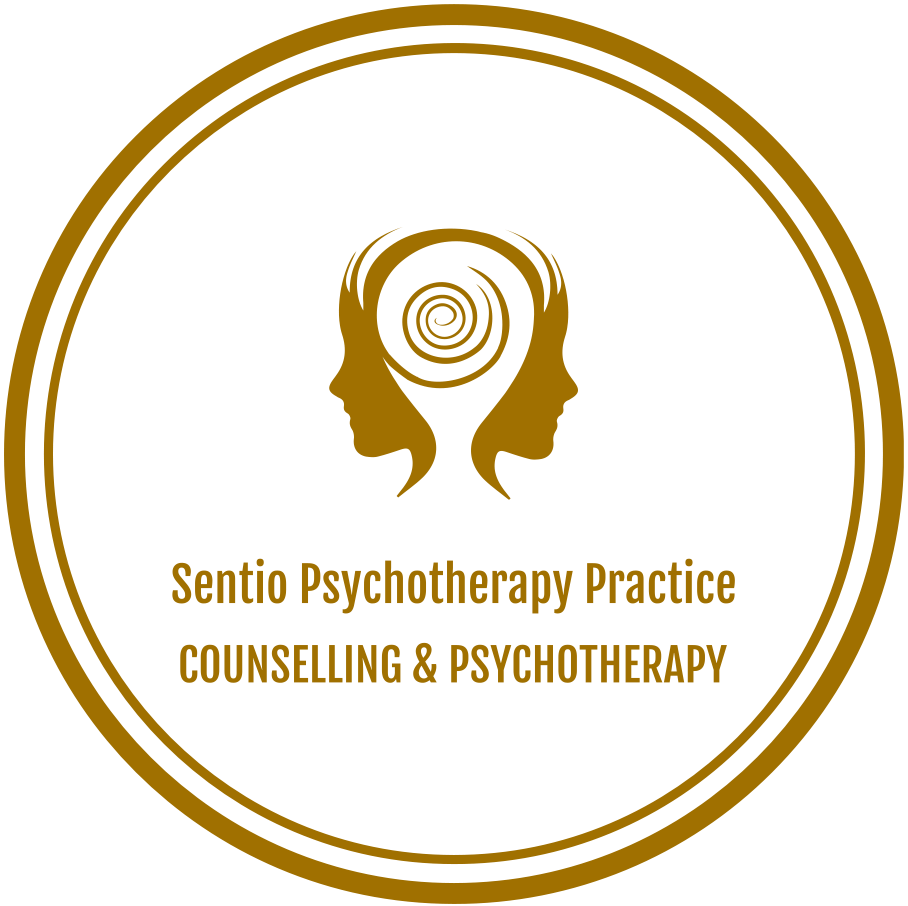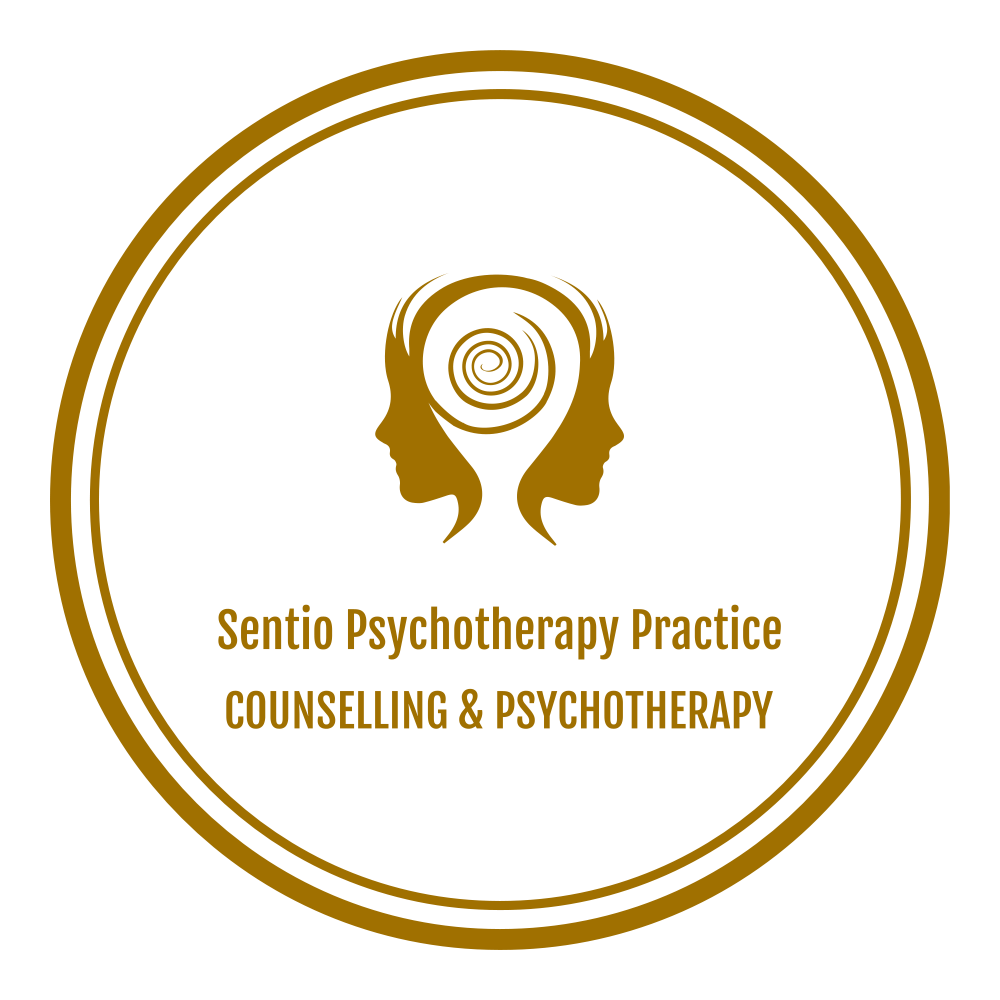Counselling for Narcissistic Abuse
Counselling can be instrumental in helping individuals impacted by narcissistic abuse to navigate the challenges they face and work towards healing. Here are several ways in which counselling can be beneficial:
- Validation and Empathy:
- Counsellors provide a safe and non-judgmental space for survivors to share their experiences. Validation of the survivor’s feelings and experiences is crucial in helping them understand that their emotions are valid and that they are not alone.
- Understanding the Dynamics of Abuse:
- Counsellors can help survivors understand the dynamics of narcissistic abuse, including the manipulative tactics used by narcissists. This understanding is essential for breaking free from self-blame and gaining clarity about the nature of the abuse.
- Rebuilding Self-Esteem:
- One of the common outcomes of narcissistic abuse is a diminished sense of self-worth. Counsellors work with survivors to rebuild their self-esteem, helping them recognize their strengths and value as individuals.
- Setting Boundaries:
- Learning to establish and maintain healthy boundaries is crucial for survivors of narcissistic abuse. Counsellors can help individuals develop assertiveness skills and set boundaries that protect their well-being.
- Coping Strategies:
- Survivors often need effective coping strategies to manage the emotional aftermath of narcissistic abuse. Counsellors can teach practical coping mechanisms to deal with anxiety, depression, and other emotional challenges.
- Trauma Processing:
- For those experiencing symptoms of post-traumatic stress, counselors can employ trauma-focused therapies to help survivors process and integrate their traumatic experiences.
- Empowerment and Self-Discovery:
- Counselling can empower survivors to rediscover their strengths, values, and personal identity. This process of self-discovery can be transformative and assist in rebuilding a positive self-image.
- Support for Decision-Making:
- Survivors of narcissistic abuse may face challenging decisions, such as whether to leave the abusive relationship or how to navigate co-parenting. Counsellors provide support and guidance to help survivors make informed decisions that align with their well-being.
- Building Healthy Relationships:
- Counselling helps survivors understand healthy relationship dynamics and develop the skills necessary for forming and maintaining positive connections with others.
- Post-Recovery Planning:
- As survivors progress in their healing journey, counsellors can assist in developing post-recovery plans, which may include setting future goals, building a support network, and maintaining ongoing self-care practices.
It’s essential for survivors to find a counsellor who specialises in trauma, abuse, and narcissistic dynamics. Additionally, support groups or community resources can complement individual counselling by providing a sense of community and shared understanding. The healing process may take time, but with the right support, individuals impacted by narcissistic abuse can move towards a healthier and more empowered future.


